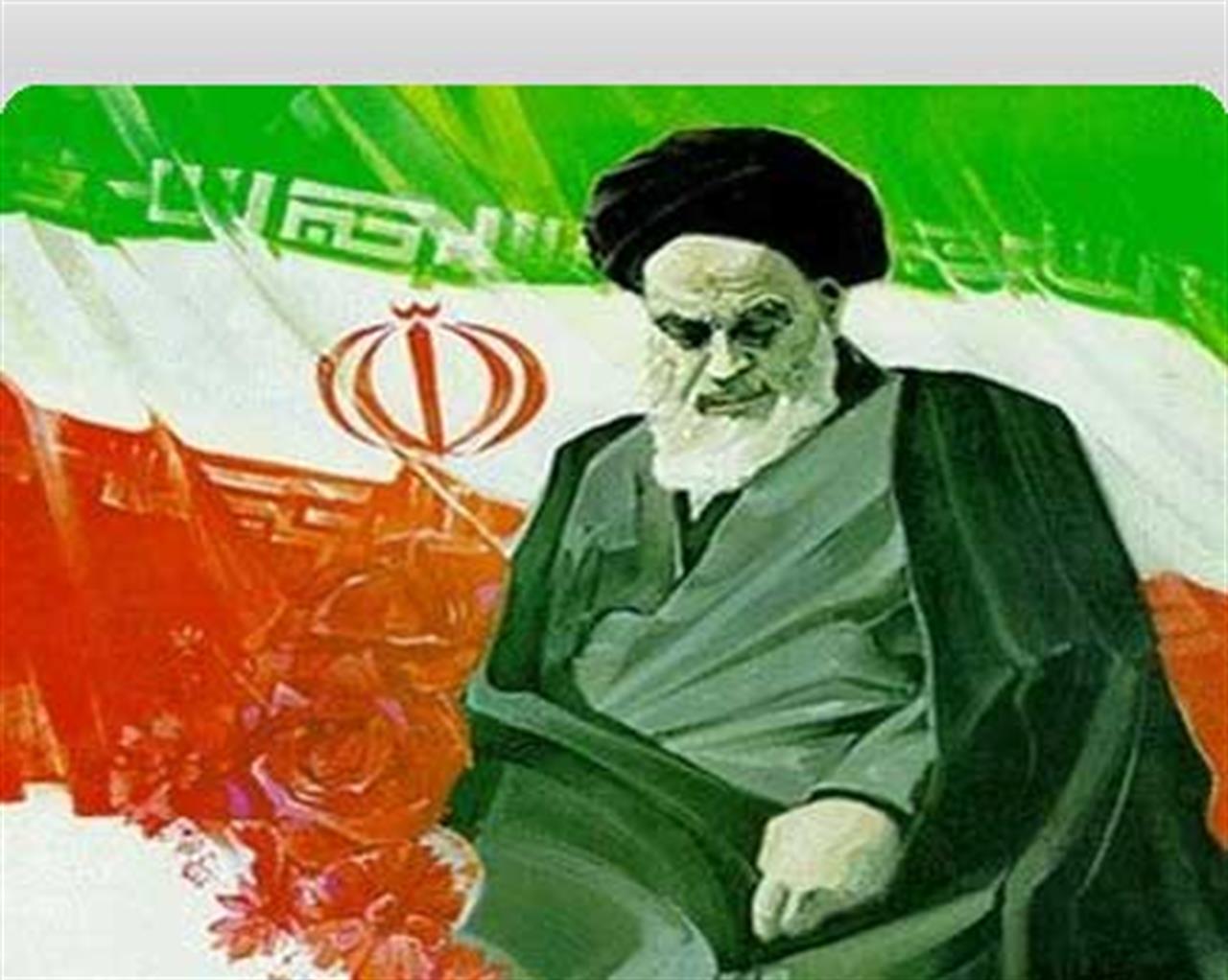Non profit
Iran’s wedding ring philanthropy
The Khomeini foundation, created just after the 1979 revolution, is Iran's biggest non profit foundation.
di Staff

by Sara Hejazi
Beyond serious disorders following the tenth Presidential elections of the Islamic Republic of Iran last 12 June, disorders which are still continuing today in Tehran, there is an Iran which lives and works. There is especially an Iran of poor and sick people, of orphans, of repudiated and lonely women.
The Imam Khomeini Foundation, the country’s biggest non profit foundation, deals with this Iran. The Foundation is in Italy these days with some of its representatives, hosted by Casa della Carità of Milan for a cultural exchange. The objective: to compare two very different non profit worlds, but which essentially deal with the same universal problems such as poverty, social exclusion and drug addiction.
“The Foundation was born just after the Islamic revolution, wanted by Ayatollah Khomeini himself”, explains President Agha Anvari, “and it is today under the direct supervision of Ali Khamenei, Supreme Leader of Iran. It takes its inspiration from Islam’s teachings and it helps every year about 5 million poor people, families in difficulty, people with disabilities or people with mental disorders. It has about 600 facilities all over the country”.
If it is true that the greatest part of situations of social hardship are universal, it is also true that the deep differences that distinguish the Iranian non profit sector from the Western one, are connected to the respective structures of both societies.
First of all, in Iran there still exists today a deep difference between countryside and city, which represent two deeply different worlds, just as in Italy at the beginning of the twentieth century.
“In rural areas a great part of our people do not have any health insurance, which makes elderly people a category at risk. Therefore one of the main activities of the foundation is to provide free medical assistance in the periphery of the country”, explains Anvari.
“Besides policies of social intervention for rural areas consist in promoting the reinsertion of needy families in the world of work through traditional and local activities. These activities include carpet weaving and manufacture and craftsmanship. The products are then resold in bazaars or markets of big cities or even exported to Europe as typical products”.
A remarkable difference with regard to the Italian non profit sector is without doubt the origin of funds to finance activities of the Foundation. In fact 35% of total financing comes from the Iranian population through a very simple system of fundraising: in the streets of the main Iranian cities there are metal containers, similar to letter boxes, blue and yellow, which serve to raise money. Charity – the zakat – is one of Islam’s five pillars.
The rest of the financings comes from the government and directly from Supreme Leader Khamenei, who personally contributes about a third of the total of the funds raised for the organization.
Another difference with regard to the Western non profit sector is the lack of importance of the voluntary sector. On the contrary in Italy, for instance, around 35% of the total of non profit working hours is done by volunteers.
Finally, the activity of promotion of marriages done by the foundation is of particular interest. In this case too, there is a structural difference of society: “Marriage is a shelter from sins and it is a good solution for social problems, especially for lonely women, widows with children to take care of. We provide help to deal with weddings’ expenses and we carry out an activity of orientation towards the marriage itself”, explains Anvari.
Nessuno ti regala niente, noi sì
Hai letto questo articolo liberamente, senza essere bloccato dopo le prime righe. Ti è piaciuto? L’hai trovato interessante e utile? Gli articoli online di VITA sono in larga parte accessibili gratuitamente. Ci teniamo sia così per sempre, perché l’informazione è un diritto di tutti. E possiamo farlo grazie al supporto di chi si abbona.
